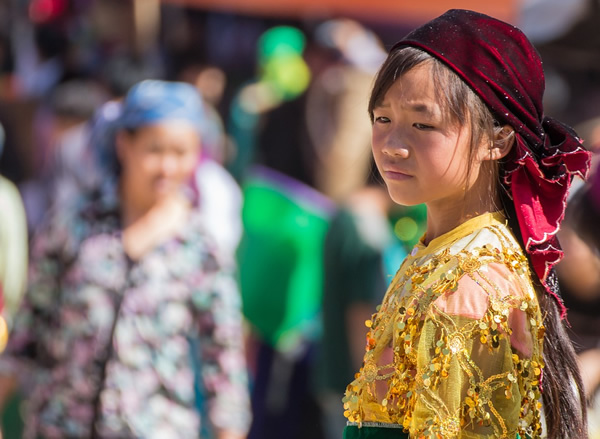|
||||
I love Europe. I love the fact that there are so many countries and cultures within such close proximity; I love seeing the people and places and speaking the languages I've studied in school. But I know that I can visit Europe in 20 years and, while it will have changed, many things will be the same. Developing countries, on the other hand, are changing quickly, thanks to globalization, and may be radically different in 20 years. There is something to be said for getting somewhere before McDonald's and learning about a world still so different from your own. If nightclubbing in London is what you want to do, inexpensive student tickets will get you to Europe for a few weeks whenever you want to go. However, unless you plan to join the Peace Corps after graduation, your undergraduate years will be one of the few times you'll be able to spend a prolonged period of time in a non-Western country. Such an experience-and it must be prolonged to be meaningful-teaches you about your own privileges and your own prejudices, about who you are, as a product of a first world country, in relation to the rest of the world and about the accuracy of your opinions about all those places that make headlines but whose complexities you may not really understand. Finally, it is difficult to speak of any immersion experience in a developing country without mentioning adventure: When you have worked out your own difficulties adjusting, when you have pushed yourself to work for a day transplanting rice or maneuvering your bicycle through the afternoon bicycle traffic jam, you will feel that now you can probably do anything. Planning Your Trip to a Developing Country Compared with more industrialized countries, travel and living expenses are generally much lower outside of Europe, Australia, and New Zealand. Through my study abroad office, I was awarded a travel grant to cover the costs of plane travel to more expensive destinations in Vietnam. The study abroad office at your university can offer information about such awards. Other programs, such as the National Security Education Program (NSEP) and the Freeman Asia Awards, also focus on some less common destinations. The Fulbright Program for graduating seniors and graduate students is competitive; willingness to do research in less common destinations can be advantageous to those competing for awards. Before beginning planning for study abroad, however, it is helpful to know what questions to ask of yourself and your study abroad office. "What do I want from a program?" If you have a certain destination in mind, you can approach the study abroad office with that. If you are interested in studying abroad and not sure of a location, you should consider how a particular country will tie in with your interests (including possible internships and the potential to learn language skills), what choices you have for classes, whether you will get credit if you choose a program outside of your university, and the cost. Some programs are more demanding academically than others. Do you want a program that will involve specialized study or major research projects, or is your goal to see places and meet people without a great deal of focused study? Next, it is helpful to talk to other people who have traveled to the region in which you are interested and to faculty advisors who may know about other considerations and university fellowships that may be applied toward study abroad. Through my department, I found out about a faculty/student collaborative fellowship that could be used to fund travel-related expenses, and I used this to do my undergraduate thesis in New Zealand. "What is the program cost?" The cost of any study abroad program may be misleading because the expense of living in program countries varies so greatly. A more useful question is "What does the program cost cover?" While my program in Hanoi was comparable in cost to many programs, the program paid for everything once in Vietnam, including a $100 per month food allowance (which was such a surplus that many participants used it to have clothes made). In addition, your costs will be affected by the value of American currency in your study country. If you plan to travel before or after your program, you may want to compare costs. Students in developing countries usually find that they can travel for longer or do more while traveling because their expenses are so much lower. "What do I need?" Study abroad lists are usually somewhat vague but generally encourage you to take little so that you have room to bring home more. The best thing to do is make a list of things you really must have in your daily life, eliminate what you can get there, and learn what things are more expensive or unavailable (such as feminine hygiene products) at your destination and what things are widely available and less expensive (dictionaries and most types of medications). Studying and traveling in a developing country teaches you that, above all else, you are more independent than you ever could have expected and that a couple of changes of clothes and a backpack can get you farther and introduce you to more ways of life than you ever imagined.
MEREDITH ALT, a first-year graduate student in educational policy studies at the Univ. of Wisconsin-Madison, became interested in indigenous education while on UW-Madison's program in Hanoi and made it the topic of her undergraduate history/global cultures thesis, which she completed in New Zealand. |
|
|
| About Us | |
| Contact Us | |

 Student Writing Contest Winner
Student Writing Contest Winner